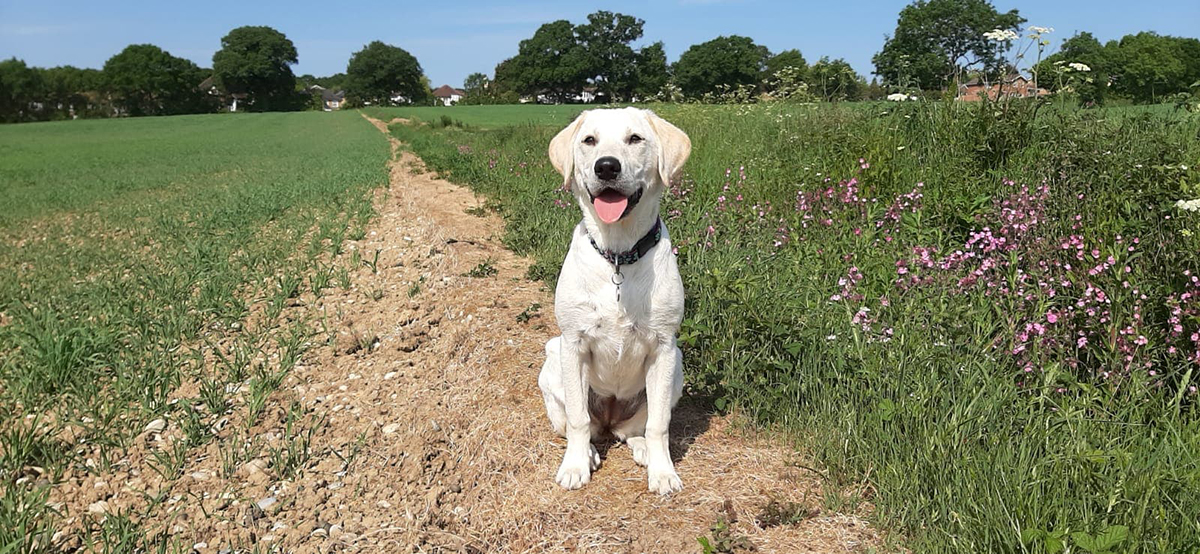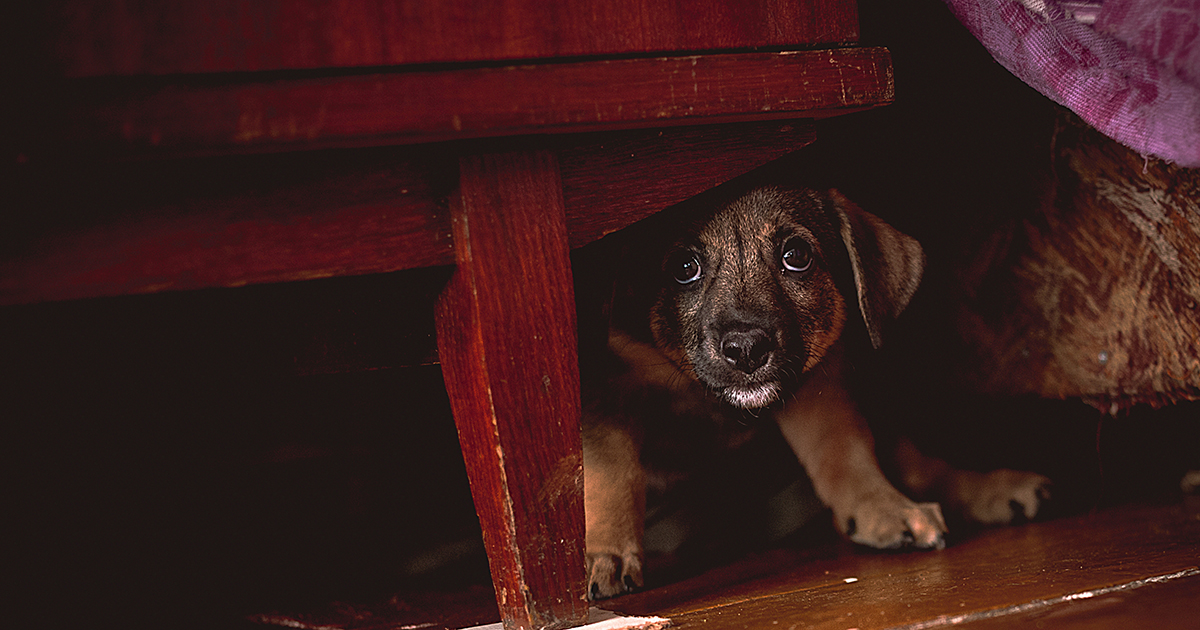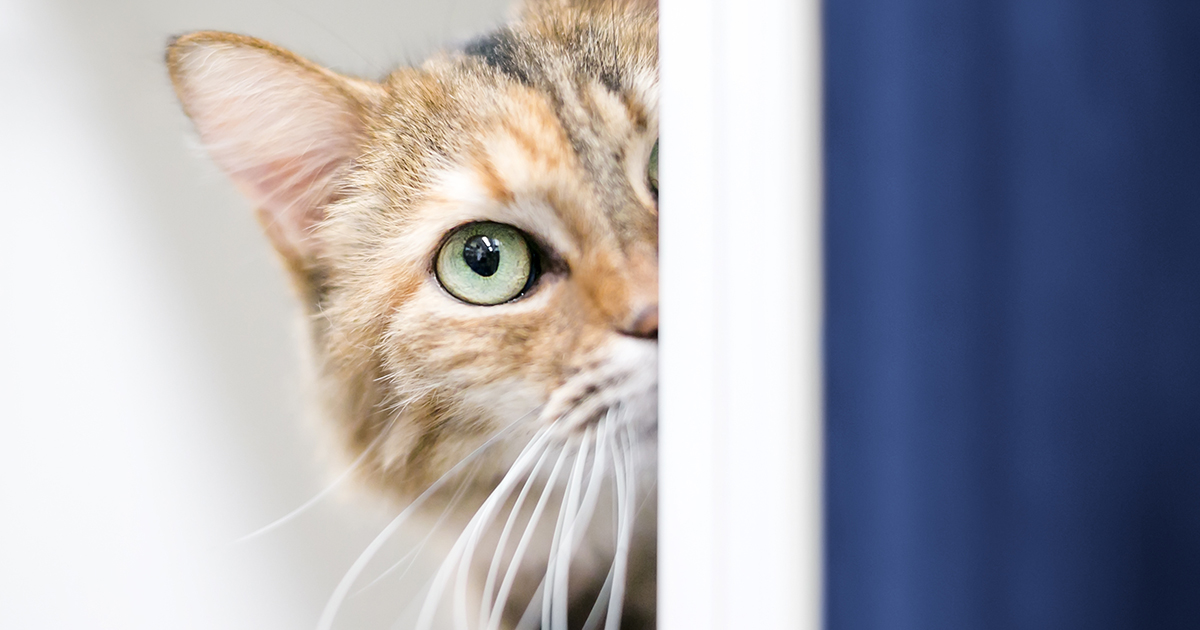I read somewhere in the early days of lockdown that several rescue shelters have been experiencing 100% empty kennels for the first time since opening.
This was truly heart-warming to hear, and seemed at first as a small silver lining around the dark clouds of the pandemic. However, it shortly came to light that demand for new pets, both young and old, was sky-rocketing.
More households were finding they had more time on their hands. People were lonely and in need of company, or learning to better appreciate the outdoors during the unprecedented good weather and fancied a four-legged companion by their side.
Think before you buy
I’ve spoken before about the dangers of buying a pet during the passion of the moment, without proper consideration or planning, but as long as both are present I’m wholeheartedly for the mutual companionship that both dogs and cats can bring, especially in the current climate.
It was only after a conversation concerning a friend’s adorable young dog – who is both the most friendly and energetic creature in the world and a little bashful when it comes to running into other dogs on her walks – that I began to think of the future and the ways in which lockdown might have inadvertently shaped the next generation of pets.

Opening the social window
A social window is a short period of time when dogs and cats are growing up, in which they are the most open and absorbent to new experiences.
After this window has closed, these animals can become suspicious or downright terrified of anything they didn’t come across during their early days – sort of like the grandparents who are a little wary of the iPad, saying: “We never had that in my day.”
This window has always posed a tricky obstacle in the past, as neither puppies nor kittens can legally be sold until eight weeks of age, but the social window for cats is nearing its end at around only seven weeks. So, in the past – unless breeders were well informed, educated, and responsible – lots of owners could end up with a bit of a scaredy-cat (I‘ll pause for the eye-rolls).
The outside world
During a young animal’s “social window” they should be experiencing a variety of scenarios and situations in both a positive and safe manner, to avoid sensitisation and steer towards a comfortable association. In the same way many of us have aversion to traumas of our past, our dogs and cats too can hold an almost unconscious grudge.
The thing about lockdown that most new pet owners probably won’t have thought about is how it has unfortunately deprived an entire generation of young dogs and cats from experiencing enough of the world around them.
The decreased access to outdoors and the different smells, sights, and sounds it brings might be leading to a wave of pets that will always be just a little bit trepidatious.

Therapy?
I think it needs mentioning that there is, for the most part, nothing wrong with a cautious pet – as long as the owner is aware of their pet’s disposition and knows how to manage it.
Management can be as simple as taking them for walks during less busy times of the day, or brightly coloured coats, leads, collars or reigns to alert other dog walkers that they’re in need of a little extra space
Addressing any behavioural ticks with proper therapy or training can also go a long way. Therapy in this case does not mean lying back on a sofa to delve deep into childhood traumas, but a gradual, supportive normalisation of stressful triggers.
Next gen
If we really are producing a generation of nervous pets, then it is the fault of no one person – no “bad” owners, mistakes, or malpractice; simply a product of the times – crazy, unique and unpredictable times.
However, it is the responsibility of any owner to be supportive, observant, and proactive, regardless of your pet’s quirks or the times we live in – another example of why taking on a pet is such a huge commitment that can never be taken lightly.
Consult with your vet if you have concerns and always be patient with your animals, just like us, they are trying their best to keep their balance on unsteady ground.

Leave a Reply